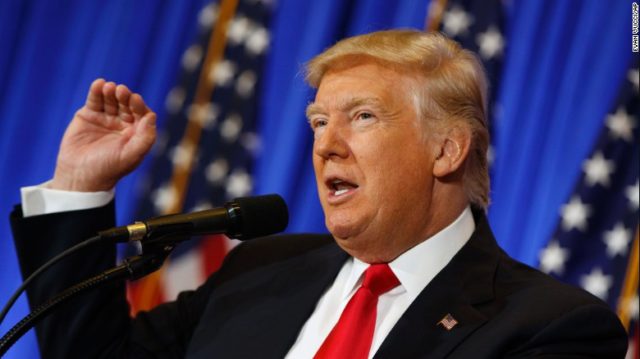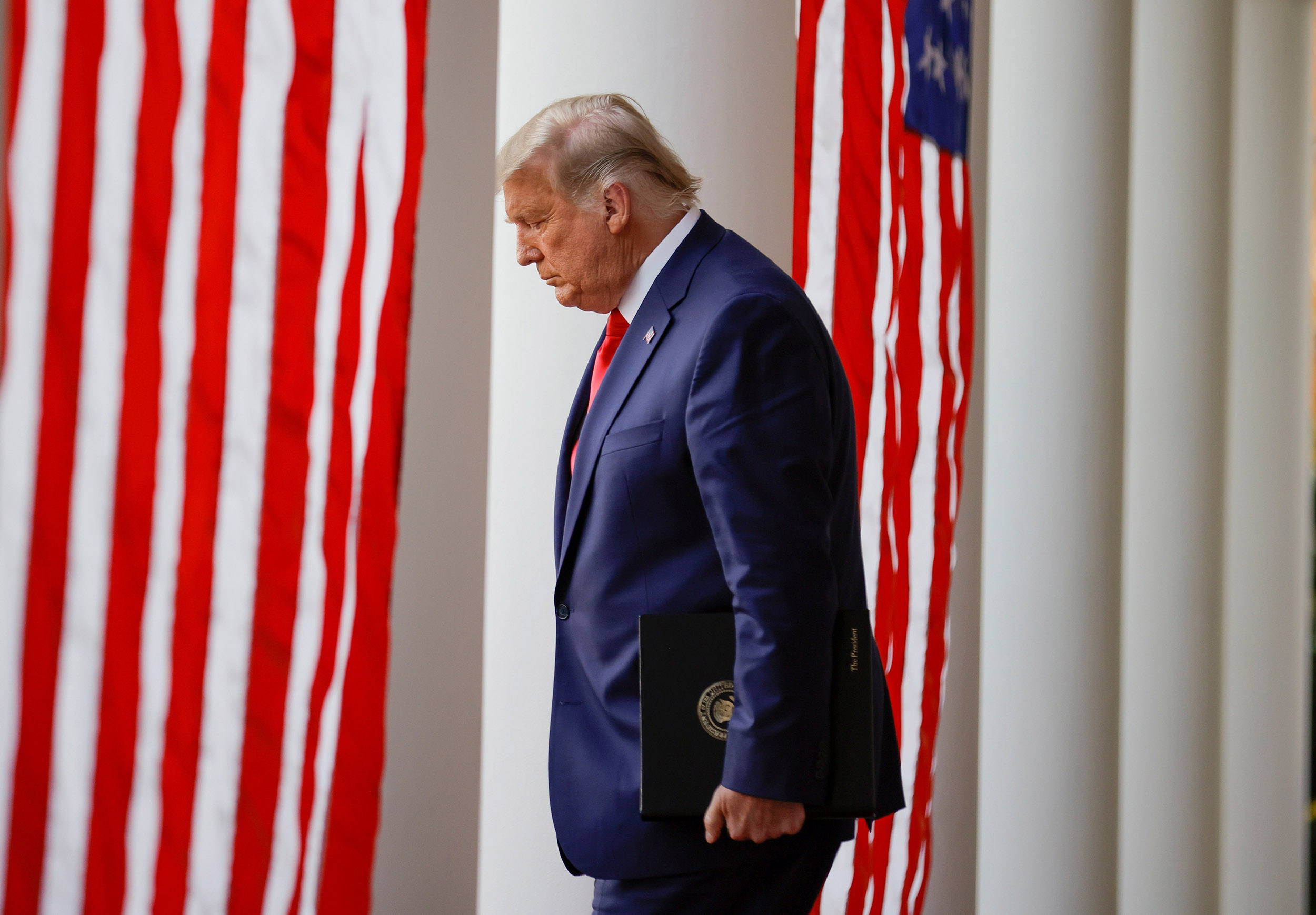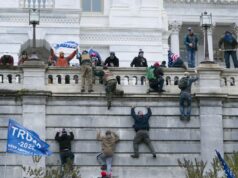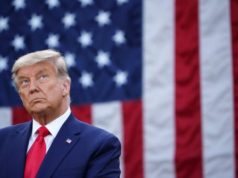 Questions continue to be asked about the scale of alleged Russian influence over the president and the campaign that took him to the White House. Here we look at the links – known and alleged – between Donald Trump’s associates and allies and Moscow
Questions continue to be asked about the scale of alleged Russian influence over the president and the campaign that took him to the White House. Here we look at the links – known and alleged – between Donald Trump’s associates and allies and Moscow
Jeff Sessions
Jeff Sessions met Russian ambassador Sergey Kislyak twice last year – encounters that the attorney general did not disclose when asked under oath at his Senate confirmation hearing in January about possible contacts between Trump’s presidential campaign and Moscow.
The former senator from Alabama was one of Trump’s early and most vocal surrogates on the campaign trail. Asked point-blank at his confirmation hearing “Have you been in contact with anyone connected to any part of the Russian government about the 2016 election, either before or after election day?”, Sessions responded: “No.”
Justice department officials told the Washington Post Sessions met Kislyak once in September 2016, when US intelligence officials were investigating Russian interference in the presidential election, and once in the summer of that year.
A senior administration official described the Post report of 1 March as “the latest attack against the Trump administration by partisan Democrats”. “Sessions met with the ambassador in an official capacity as a member of the Senate armed services committee, which is entirely consistent with his testimony,” the official said.
A spokeswoman for Sessions confirmed that the meetings took place, but said they were not related to the election campaign and that he had not deceived the Senate. “There was absolutely nothing misleading about his answer,” Sarah Isgur Flores said, noting Sessions had over 25 conversations with foreign ambassadors last year. “He was asked during the hearing about communications between Russia and the Trump campaign – not about meetings he took as a senator and a member of the armed services committee.”
The Post said it had asked all 26 members of the committee whether they had met Kislyak last year. None of the 20 who replied, including committee chair John McCain, had done so, it reported.
Michael Flynn
Flynn, who resigned on 13 February after barely three weeks as national security adviser, reportedly spoke five times with Sergey Kislyak, Moscow’s man in Washington, on 29 December 2016. This was the same day Barack Obama announced sanctions against Russia for attempting to influence the presidential election last November through cyber-attacks.
When details of the contacts emerged in early January, incoming vice-president Mike Pence denied in a TV interview that Flynn and Kislyak had discussed sanctions. Flynn reportedly assured Pence of this but on 26 January the then-acting US attorney general, Sally Yates, told the White House Flynn was lying about the nature of the calls and flagged him as a blackmail risk.
With the White House sitting on this knowledge, the Washington Post reported on 9 February that current and former US officials had interpreted Flynn’s contacts with Kislyak as a “potentially illegal” signal to Russia it could expect a reprieve from sanctions once Trump took office. As a foreign official, Kislyak’s communications would have been routinely recorded.
Flynn then revised his account to claim he “couldn’t be certain” sanctions were not covered before apologising to Pence for misleading him. Other media reports then emerged claiming the US army was investigating whether Flynn took money from the Russian government during a trip to Moscow in 2015. The retired lieutenant-general eventually resigned despite apparently retaining Trump’s “full confidence” only hours beforehand.
Paul Manafort and other aides
Paul Manafort, a former chairman of the Trump campaign, is the only named individual among an unspecified number of Trump associates alleged to have been in regular contact with Russian intelligence officials in 2016.
A New York Times report cited four current and former US intelligence officials who were involved in investigating whether there were links between the Trump campaign and Russian efforts to influence the election. These officials conceded they had “so far” seen no evidence of such collusion despite the frequency of the contacts, did not explain what the contacts had been about nor how many people participated on each side.
The contacts were denied by Manafort, who told the New York Times he had “never knowingly spoken to Russian intelligence officers”. Manafort resigned as Trump’s campaign chairman on 19 August after being implicated in a scandal involving payments from the political party of Viktor Yanukovych, the former president of Ukraine and ally of Vladimir Putin.
Trump and his team have repeatedly denied pre-election communications with the Russians, including a statement two days after the election in November from the deputy Russian foreign minister, Sergei A Ryabkov, who said “there were contacts” during the campaign.
Carter Page and Michael Cohen
Pre-election contact between the Trump campaign and Moscow was alleged in reports compiled last year and passed to the FBI by a former MI6 officer, Christopher Steele. The files also purported to show the Kremlin held “compromising” material relating to Trump’s conduct during a visit to Moscow in 2013.
The key instances alleged in the dossier were a pair of meetings held with Russian officials in July 2016 by the businessman Carter Page, who Trump formerly described as a foreign policy adviser. Igor Divyekin, a senior member of the presidential administration, is said to have outlined intelligence held on Hillary Clinton with Page, along with hinting at a file on Trump. Page, who called the reports “complete garbage”, is also said to have discussed sanctions imposed on Russia for its involvement in the 2014 crisis in Ukraine with Igor Sechin, a close ally of Putin and head of the Rosneft state-owned oil company.
Trump’s lawyer, Michael Cohen, is also said to have met Russian officials in August 2016 to discuss the fallout from Manafort’s resignation and also emerging media speculation about Page’s activities in Moscow. Cohen has strenuously denied these allegations.
Steele’s credibility as a source was vouched for by intelligence sources after his reports were published in January. CNN reported that US intelligence officials have verified some details in the dossier as part of their wider investigation into whether the Trump team was complicit in Russian attempts to influence the election. Their findings, however, are said not to relate directly to Trump or salacious allegations against him.
The New York Times reported on 19 February that Cohen also met privately in New York in January Felix Sater, a Russian-born American real estate developer who has previously worked the Trump Organisation, and Andrii Artemenko, a Ukrainian politician. According to the New York Times they discussed a peace plan for Ukraine that could give Russia long-term control over the Ukrainian territory it seized in 2014 and lead to the lifting of sanctions against Moscow.
Rex Tillerson
Trump’s pick for secretary of state forged close ties with Russia during more than 40 years working for ExxonMobil. He was the oil and gas corporation’s head of operations there before serving as its chairman and chief executive from 2006 until his surprise nomination.
Tillerson joined forces with Rosneft on several major projects, which came to be hindered by economic sanctions against Russia. He said the policy was harmful after the US and EU placed sanctions on Russia over its annexation of Crimea and military action in Ukraine. Despite this, Tillerson denied knowledge of any lobbying by ExxonMobil against sanctions at his congressional confirmation hearing in January.
Senior Republicans such as John McCain have questioned Tillerson’s ability to remain objective given the depth of his past involvement with Russia. In 2013, the Kremlin gave Tillerson an Order of Friendship award and the Texan is said to be close to Sechin, the head of Rosneft and Putin’s de facto number two.
Sechin was one of the senior Kremlin officials said to have met with Trump aides in alleged contacts detailed in the Steele dossier. Tillerson denied at his congressional confirmation hearing that ExxonMobil had ever dealt with Manafort and Page, former Trump aides whose links to Moscow have been investigated by the FBI.
Courtesy: THE GUARDIAN








I think its time these people let trump be.